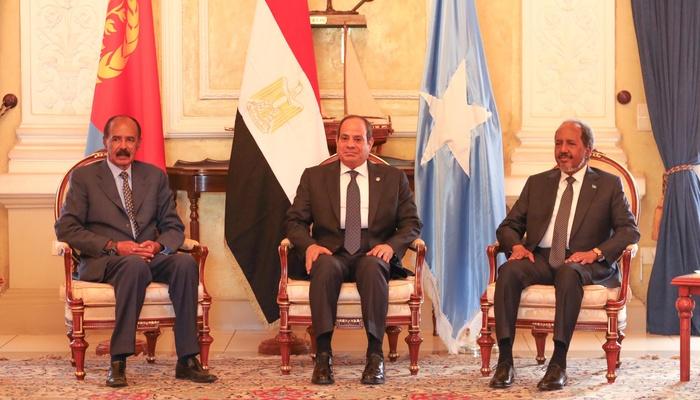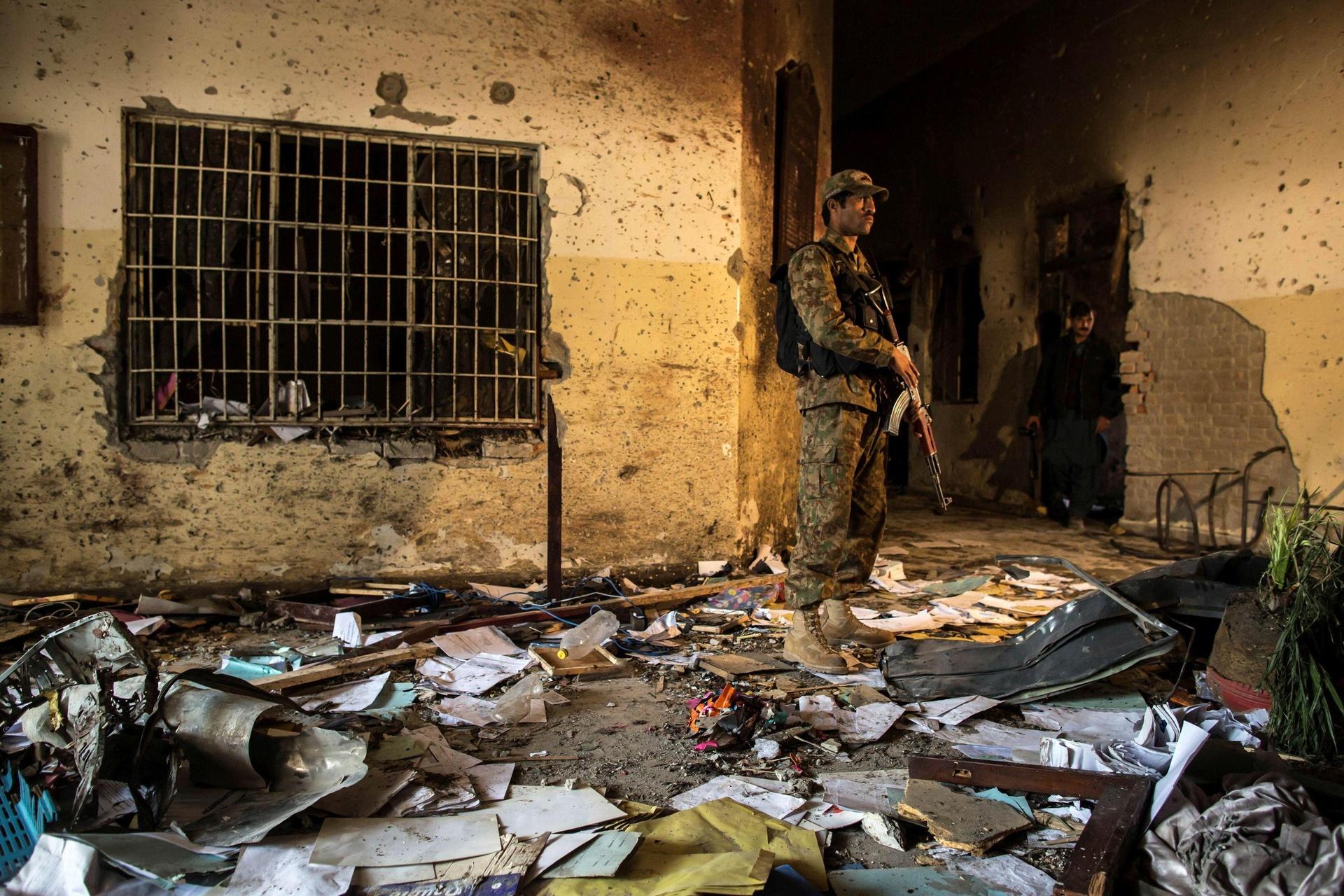End of truce between TTP and Pakistan, Taliban group attacks police convoy
On November 30, the Movement of Pakistan’s Taliban (TTP) carried out a suicide attack on a police vehicle near Quetta, capital of Baluchistan province. The explosion, recorded in the urban area of Baleli, resulted in four deaths and the wounding of more than twenty individuals, most of them police officers assigned to oversee a polio immunization campaign. Workers involved in immunization campaigns are often subject to armed attacks in the country, and in the past decade they have been the victims of a hundred killings. The Quetta blast, preceded over the past two days by a short sequence of attacks on police officers in Pakistan’s northwestern districts, means the upswing of the military offensive by the jihadist umbrella organisation.
TTP attacks had slowed in June, when mediation by the Islamic Emirate of Afghanistan allowed a cease-fire to be reached between Pakistani authorities and the TTP, a group ideologically close to the ruling Afghan Taliban in Kabul. The agreement, which has been disregarded several times but officially remained in force, committed the government of Pakistan to release captured fighters and reduce its military presence in the tribal districts of Khyber Pakthunkhwa, stronghold of the Pakistani Taliban movement, in exchange for ending the numerous armed actions conducted by the TTP. Since 2018, following the incorporation of several jihadist and Taliban groups, the movement has in fact returned to being the main threat in the country, specializing in attacks targeting military and police. In the span of 2021, it was held responsible for 282 attacks against Pakistani security forces.
The truce broke down on November 28, when the TTP declared that due to Pakistan’s repeated military operations in the tribal districts in the northwest, the agreement is being violated and the mujahedin have an imperative obligation to carry out attacks throughout the whole country. In a later statement and claiming the Quetta attack, the group said the recent wave of armed actions is aimed at avenging the assassination of commander Omar Khalid Khorasani, a prominent figure in the movement who was killed August 7, during the cease-fire, in the neighbouring Afghan province of Paktika.
It is also of relevance that the truce violation comes immediately after the Pakistani Minister of State for Foreign Affairs announced an upcoming visit to Kabul to discuss regional security issues. Afghanistan, located near TTP strongholds, has so far been a strategic advantage for the Pakistani Taliban, who are able to evade Islamabad’s security forces by crossing the Afghan border. Any agreement between Pakistan and the Islamic Emirate over control of the border would result in a major setback for the TTP’s operational capabilities.









